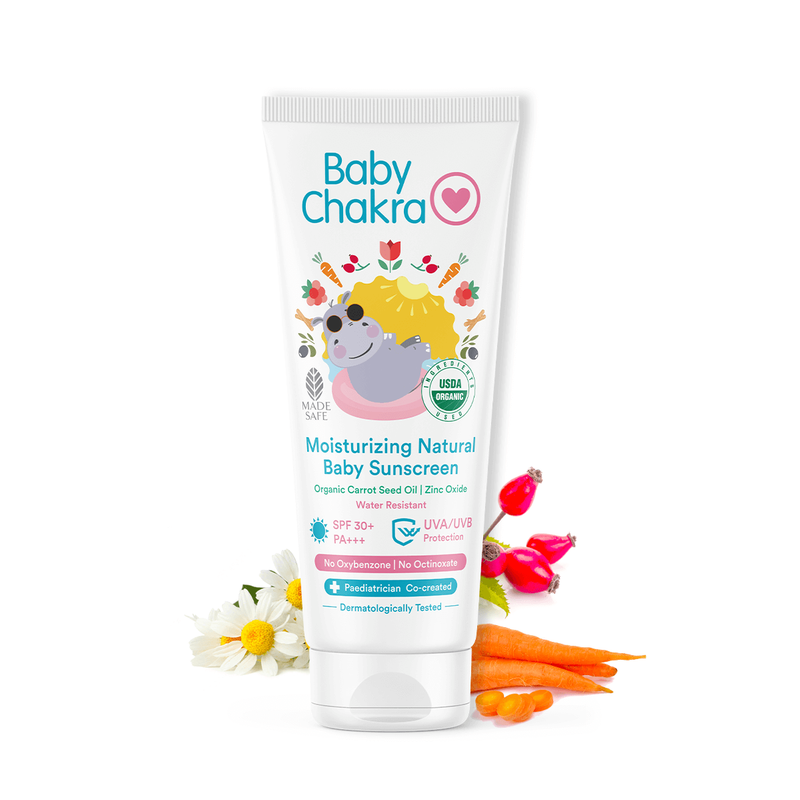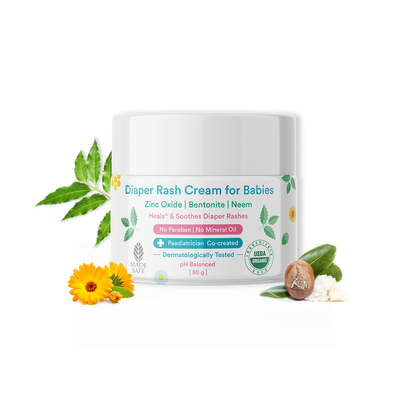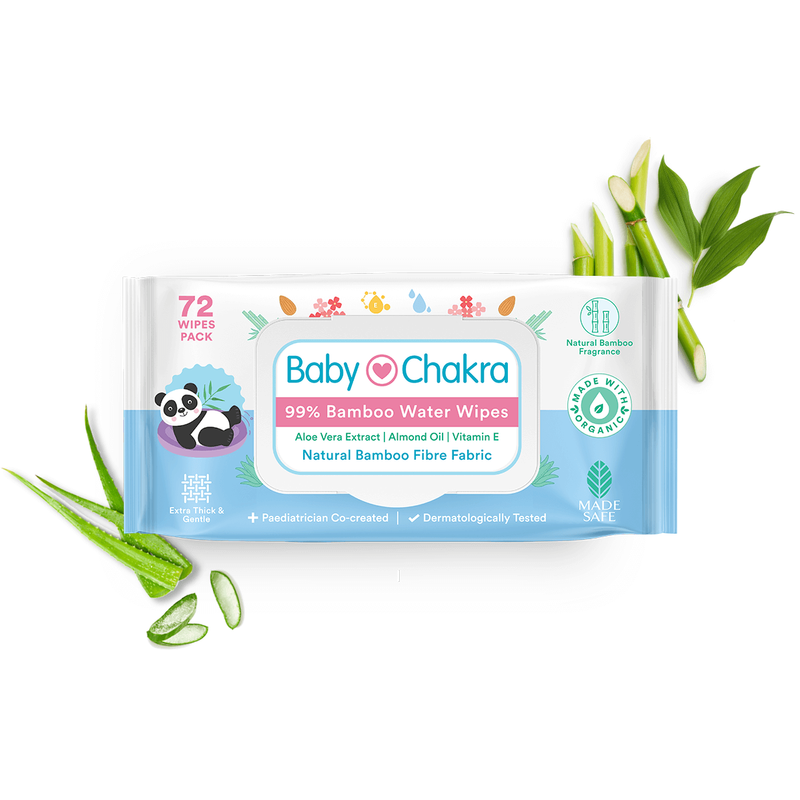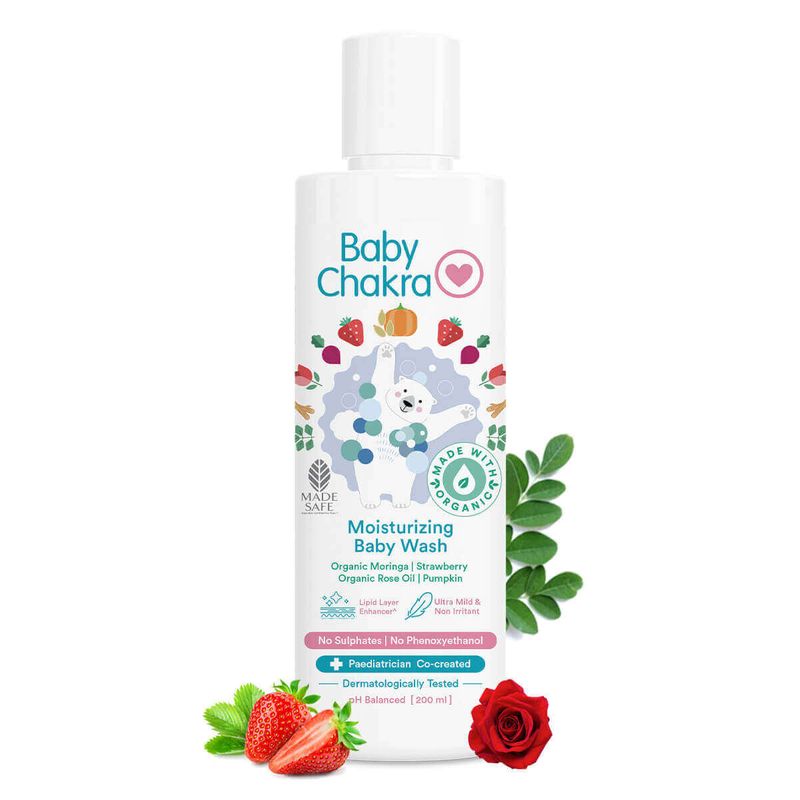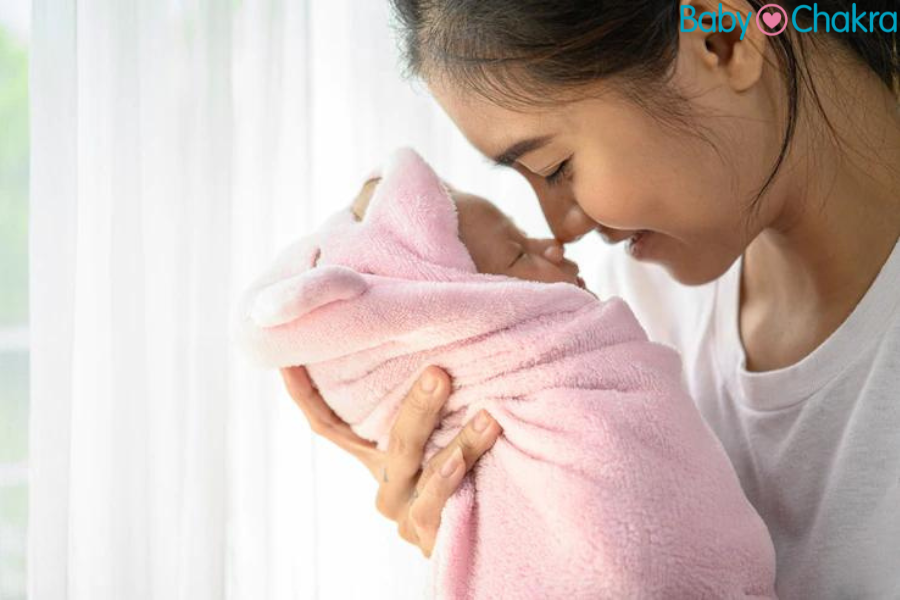
Baby Skin Care In Winter: 7 Tips You Need to Know
22 Nov 2022 | 4 min Read
Manisha Pradhan
Author | 1053 Articles
Winter can be harsh for a baby’s skin because of low humidity and the cold winter winds. The cold weather dehydrates the baby’s skin and often makes it itchy, flaky and dry. That’s because, during winter, skin tends to lose moisture. That’s the reason why proper baby skin care in winter is a must.
What Causes Winter Skin Dryness?
There are many reasons why winter causes dryness in baby skin.
- Parents often tend to give long warm baths to babies, especially during winter. This can cause their skin to become dry.
- Heaters that are used during the winter season can dry the air as well as the skin.
- Since winter is the time people spend more time indoors because of the cold, there is less exposure to sunlight and in turn, a lack of natural Vitamin D, which supports healthy skin.
- If a baby suffers from skin conditions such as eczema or dermatitis, it tends to flare up during winter.
Tips For Baby Skin Care In Winter
1. Add Essential Oil To Baby’s Bath
Remember to add a few drops of essential oil to the baby’s bathwater as adding a few drops of natural essential oils like chamomile and lavender oil in the bathwater helps to soothe and calm the baby’s winter dry skin.
2. Moisturise the Baby’s Skin
Moisturising a baby’s skin after a bath is an important part of baby skin care in winter. Pat your baby dry with a soft towel after a bath and moisturise thoroughly. Make sure you choose a baby-friendly natural moisturiser or baby lotion and let the skin absorb it. Moisturise the baby’s skin every four to six hours during winter. Pay special attention to their knees, cheeks, nose and elbows as they tend to become dry and rough and can worsen during winter. Use sunscreen after you use moisturizer as the winter sun can cause skin damage.
3. Massage After A Bath
There are many benefits of massaging a baby. Besides improving blood circulation it’s a healthy way to keep the little one’s body warm and to keep their skin soft and protected from the harsh dry air. It is advisable to massage the baby in a comfortable and warm place and preferably in the afternoon.
4. Use Products With Natural Ingredients
Babies have very tender and delicate skin and using products with harsh chemicals can harm their skin. It’s best to use baby-friendly skin products that contain natural ingredients like olive oil, almond oil, aloe vera etc. which help to lock in the much-needed moisture during winter.
5. Maintain Hygiene
Parents think babies do not sweat during winter since it is cold, but because babies are wrapped in layers to keep them warm, they do sweat if they are over layered and this may cause heat rash even during winter. Therefore it is important to wipe the baby’s skin either with organic wipes or a moist cloth, especially the diaper area to keep it clean and keep rashes away. Make sure to use a diaper rash cream after every diaper change.
6. Check The Water Temperature
Since the winter months can be cold, parents use warm water for the baby’s bath. But hot water can cause dryness and itchiness. The baby’s bath water should neither be too hot nor too cold as hot water tends to remove the natural oils from a baby’s skin.
7. Avoid Soap
Using soaps for a baby’s tender skin is not a good idea as they are not suitable for a baby’s tender skin. A natural foaming bath wash is best for a baby’s delicate and soft skin especially during winter when the skin tends to become dry.
Use these tips to keep their skin healthy during winter.
Cover image source: freepik
A


Suggestions offered by doctors on BabyChakra are of advisory nature i.e., for educational and informational purposes only. Content posted on, created for, or compiled by BabyChakra is not intended or designed to replace your doctor's independent judgment about any symptom, condition, or the appropriateness or risks of a procedure or treatment for a given person.

